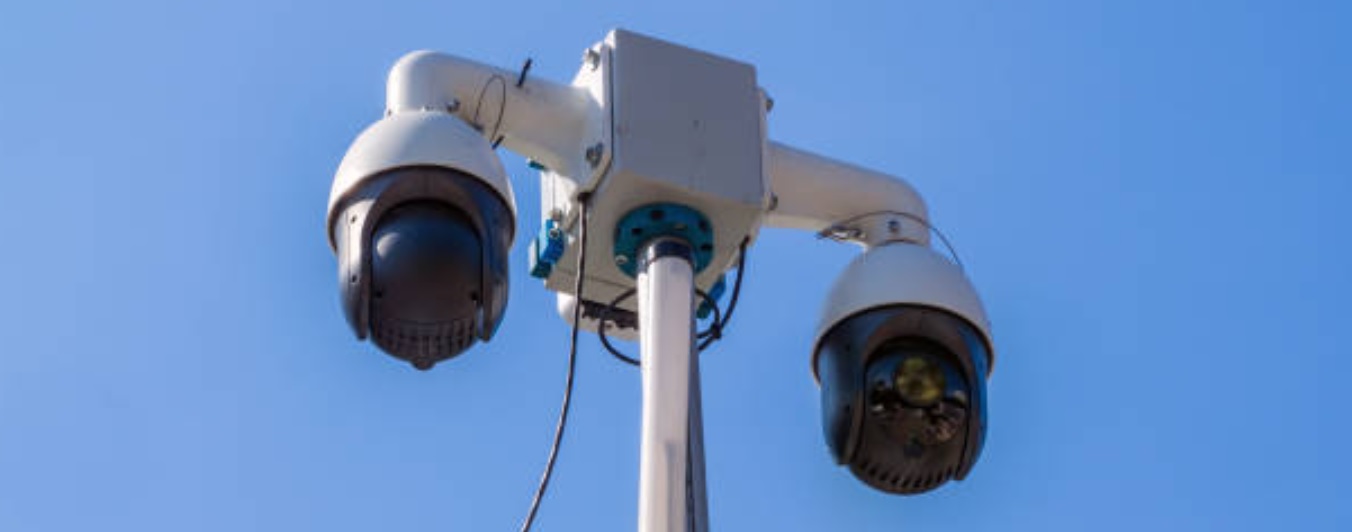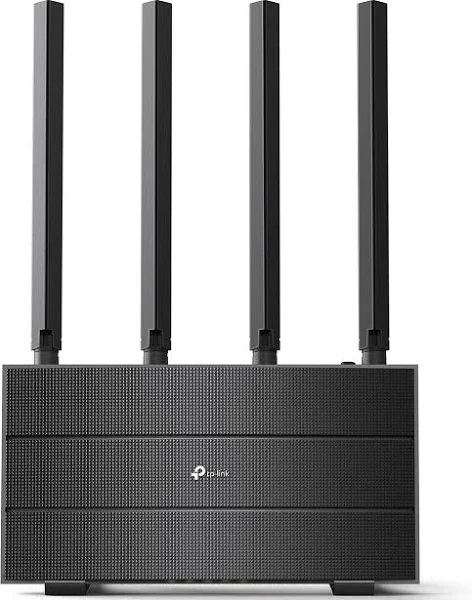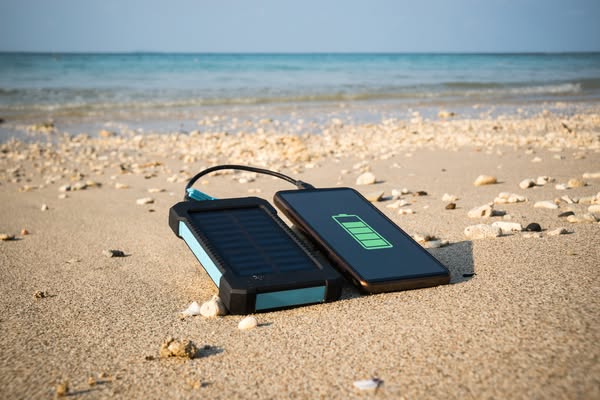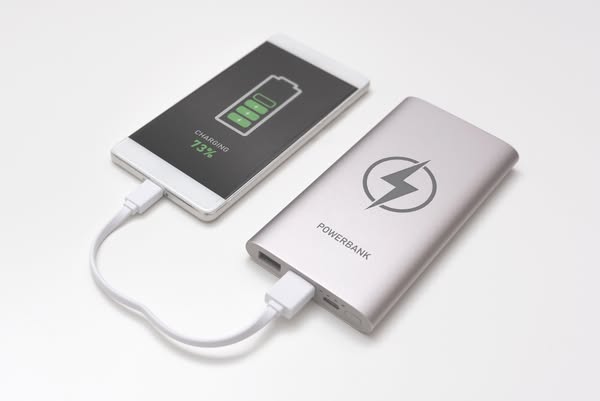Ultimate Guide to GPS Trackers: Everything You Need to Know
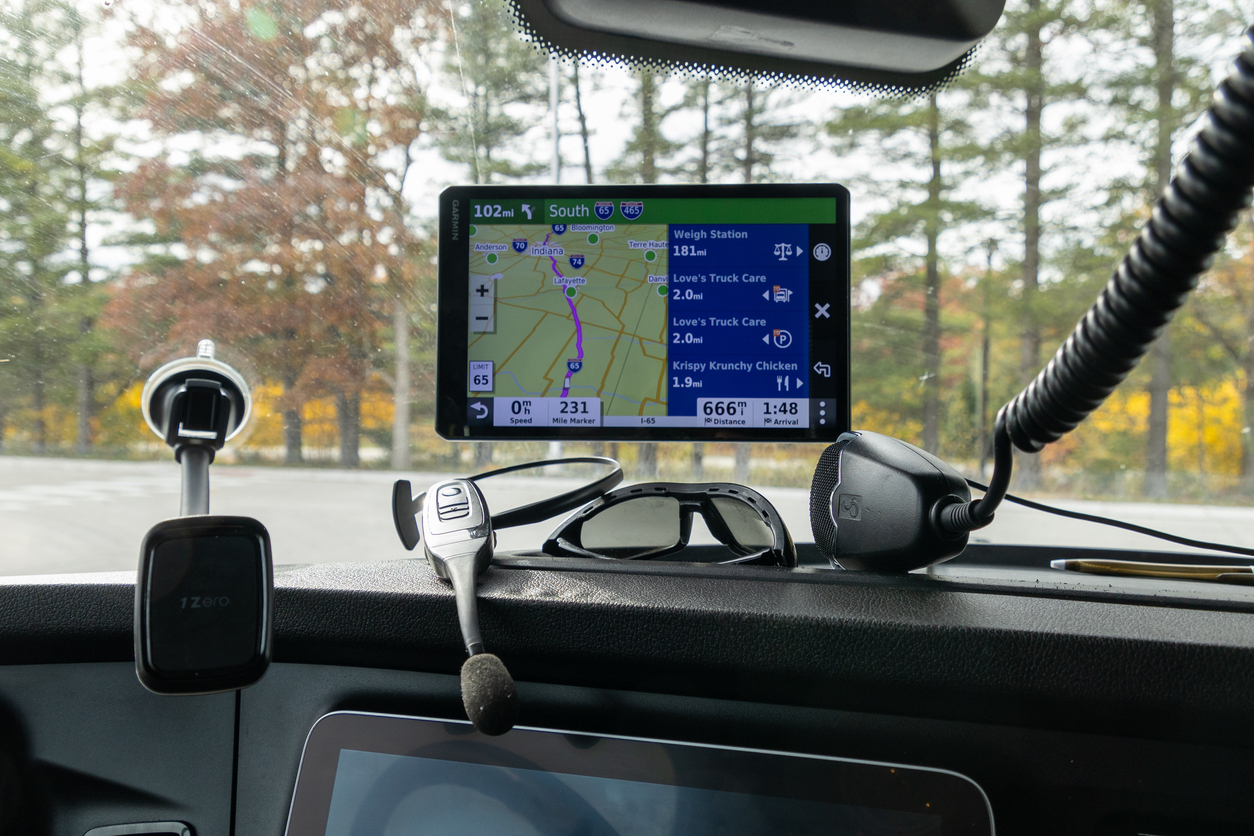
1. What is a GPS Tracker?
A GPS tracker is a device that uses the Global Positioning System (GPS) to determine and track the precise location of an object or person. GPS trackers use satellites to provide location data, which can be accessed in real-time or over a specified period. The information is typically sent to a server or application that allows users to view the tracked location via a web interface or mobile app. GPS trackers are versatile tools used in various applications, from personal safety and vehicle tracking to fleet management and asset protection.
How GPS Trackers Work
GPS trackers work by receiving signals from a network of satellites orbiting the Earth. The device calculates its position based on the time it takes for the signals from multiple satellites to reach it. This location data is then transmitted to a central server or app, where it can be monitored in real-time or reviewed later. There are different types of GPS trackers, including real-time trackers and passive trackers, each offering unique features and capabilities.
Key Components
- GPS Receiver: The core component that receives signals from satellites.
- Transmitter: Sends the location data to a server or application.
- Battery: Powers the device, with varying capacities depending on the tracker type.
- SIM Card (for GSM Trackers): Used for cellular communication to transmit data.
2. Types of GPS Trackers: Car, Truck, and Bus
When selecting a GPS tracker, it’s important to choose the type that best suits the specific vehicle or asset being monitored. Here’s a breakdown of GPS trackers designed for cars, trucks, and buses:
GPS Tracker for Car
A GPS tracker for car is typically compact and discreet, designed to be installed in or hidden within a vehicle. These trackers are useful for monitoring vehicle location, managing fleet vehicles, or enhancing personal security. Many models offer additional features such as real-time tracking, geo-fencing, and vehicle diagnostics.
Key Features:
- Real-Time Tracking: Provides up-to-the-minute location updates.
- Geo-Fencing: Alerts when the vehicle enters or exits predefined areas.
- Driver Behavior Monitoring: Tracks speed, braking, and other driving metrics.
GPS Tracker for Truck
GPS trackers for trucks are robust and designed to handle the demands of commercial vehicles. They often include features suited for fleet management, such as route optimization, maintenance alerts, and fuel usage monitoring. These trackers are essential for logistics companies and businesses that rely on a fleet of trucks.
Key Features:
- Fleet Management: Monitors multiple vehicles simultaneously.
- Route Optimization: Suggests the best routes based on real-time traffic data.
- Maintenance Alerts: Notifies of upcoming maintenance or repairs.
GPS Tracker for Bus
GPS trackers for buses are designed to ensure safety and efficiency in public transportation. These trackers help monitor bus routes, manage schedules, and ensure passenger safety. They often come with features tailored to transit systems, such as schedule adherence tracking and real-time passenger information.
Key Features:
- Schedule Management: Tracks bus schedules and delays.
- Passenger Safety: Provides real-time location updates for passenger reassurance.
- Route Tracking: Monitors adherence to planned routes.
3. Tracking Your Kids with GPS Devices
GPS trackers for kids offer parents peace of mind by allowing them to monitor their children’s location in real-time. These devices are designed to be easy for children to carry, often in the form of a wristband, pendant, or portable device.
Benefits of GPS Trackers for Kids
- Enhanced Safety: Enables parents to track their child's location and receive alerts if they leave a designated area.
- Emergency Assistance: Some devices have SOS buttons that children can use to call for help if needed.
- Peace of Mind: Allows parents to keep track of their child’s whereabouts without intruding on their privacy.
Features to Look For
- Real-Time Location Tracking: Provides continuous updates on your child’s location.
- SOS Button: Allows children to send an emergency alert with their location.
- Geo-Fencing: Sets up safe zones and receives alerts when the child exits these areas.
4. Hidden GPS Tracker for Car: Advantages and Disadvantages
A hidden GPS tracker for car is designed to be discreet, offering enhanced security by not being easily detectable. This type of tracker is ideal for situations where you want to monitor a vehicle without alerting potential thieves or unauthorized users.
Advantages
- Discreet Monitoring: Provides covert tracking without drawing attention.
- Enhanced Security: Helps protect against theft by tracking the vehicle’s location.
- Versatility: Can be placed in various locations within the vehicle for optimal stealth.
Disadvantages
- Legal and Privacy Concerns: Ensure that the use of hidden trackers complies with local laws and privacy regulations.
- Installation Complexity: May require professional installation to ensure proper placement and functionality.
- Maintenance: Hidden trackers may be more challenging to maintain or replace if needed.
5. Mini GPS Trackers: Compact Solutions for Tracking
Mini GPS trackers are small, portable devices that offer the same tracking capabilities as larger models but in a more compact form. These trackers are ideal for personal use, asset tracking, or placing in vehicles.
Advantages
- Portability: Easy to carry or place in various locations.
- Discreet: Compact size makes them less noticeable.
- Versatility: Suitable for a range of applications, from tracking pets to personal items.
Features to Consider
- Battery Life: Longer battery life ensures extended tracking periods.
- Real-Time Tracking: Provides up-to-date location information.
- Durability: Look for trackers that can withstand different environmental conditions.
6. Real-Time GPS Tracking vs. GPS GSM Tracking
When choosing a GPS tracker, understanding the difference between real-time GPS tracking and GPS GSM tracking is crucial for selecting the right device for your needs.
Real-Time GPS Tracking
Real-time GPS tracking provides immediate updates on the location of the tracked object or person. This method is ideal for applications requiring constant monitoring, such as fleet management or personal safety.
Benefits:
- Instant Updates: Provides continuous location data.
- Enhanced Monitoring: Allows for immediate response to changes in location.
- Detailed Tracking: Offers comprehensive route and location history.
GPS GSM Tracking
GPS GSM tracking uses cellular networks to transmit location data. This method can be useful for areas with cellular coverage and offers different data transmission methods, such as SMS or internet-based communication.
Benefits:
- Wider Coverage: Utilizes cellular networks for data transmission.
- Cost-Effective: Often less expensive than real-time tracking solutions.
- Flexibility: Can be used in various applications depending on cellular availability.
7. Live Vehicle Fleet Tracking
Live Vehicle Fleet Tracking is essential for businesses managing multiple vehicles. This feature provides real-time updates on the location and status of each vehicle in the fleet, improving operational efficiency and customer service.
Benefits
- Route Optimization: Enhances route planning to reduce travel time and fuel costs.
- Fleet Management: Monitors vehicle performance, driver behavior, and maintenance needs.
- Improved Customer Service: Provides accurate ETAs and better service coordination.
Features
- Real-Time Monitoring: Tracks the location and movement of all fleet vehicles.
- Geofencing: Sets up virtual boundaries and alerts for vehicle entry or exit.
- Driver Behavior Analysis: Monitors speeding, harsh braking, and other driving metrics.
8. GPS Tracking Devices for Personal Vehicles: Ford Motor, Lamborghini, Toyota, and General Motors
When selecting a GPS tracking device for personal vehicles, it’s important to consider compatibility with specific car brands such as Ford Motor, Lamborghini, Toyota, and General Motors.
Ford Motor
GPS trackers for Ford vehicles are designed to integrate seamlessly with the brand’s technology. Look for trackers that offer vehicle diagnostics and real-time tracking features compatible with Ford’s onboard systems.
Lamborghini
GPS trackers for Lamborghini vehicles need to meet high performance and security standards. Opt for trackers with advanced features such as geo-fencing and real-time alerts to protect these luxury vehicles.
Toyota
GPS trackers for Toyota vehicles should offer reliability and ease of integration with Toyota’s existing systems. Features like maintenance alerts and real-time tracking can enhance vehicle management.
General Motors
GPS trackers for General Motors vehicles should provide comprehensive tracking and management features. Look for devices that support real-time updates, route optimization, and vehicle diagnostics.
9. Satellite-Based Asset Trackers: How They Work
Satellite-based asset trackers use satellite signals to provide global tracking coverage. These trackers are ideal for monitoring assets in remote locations where cellular coverage may be limited or unavailable.
How They Work
Satellite-based asset trackers communicate with satellites orbiting the Earth to determine their location. The data is then transmitted to a central server or application, where users can monitor the asset’s location and movement.
Benefits
- Global Coverage: Provides tracking capabilities in remote and underserved areas.
- High Accuracy: Offers precise location data regardless of cellular network availability.
- Durability: Designed to withstand harsh environmental conditions.
10. The Trac GPS Tracking Platform: Features and Benefits
The Trac GPS Tracking Platform is a comprehensive solution for managing GPS tracking needs. It offers a range of features designed to enhance tracking efficiency and provide valuable insights.
Features
- Real-Time Tracking: Provides continuous updates on the location of assets or vehicles.
- Route Optimization: Suggests the most efficient routes based on real-time traffic data.
- Detailed Reporting: Offers comprehensive reports on location history, driver behavior, and more.
Benefits
- User-Friendly Interface: Easy to navigate and manage tracking data.
- Scalability: Suitable for both small and large-scale tracking needs.
- Customizable Alerts: Set up notifications for specific events or thresholds.
Conclusion
Choosing the right GPS tracker depends on your specific needs, whether it’s for a personal vehicle, a fleet of trucks, or tracking your kids. With various options available, including mini GPS trackers, hidden GPS trackers for cars, and satellite-based asset trackers, you can find a solution that fits your requirements. Explore the features and benefits of different GPS tracking devices to ensure you select the best option for your situation. Understanding the types of trackers, their applications, and their unique features will help you make an informed decision and enhance your tracking capabilities.
By following this comprehensive guide, you’ll be equipped to choose the perfect GPS tracker for your needs and make the most out of its features. Whether for personal safety, fleet management, or asset protection, GPS trackers offer valuable solutions that can improve efficiency, security, and peace of mind.
FAQ
How does a GPS tracker work?
GPS trackers use satellites to receive location data. The device sends this information to a smartphone or computer through a network like Wi-Fi, cellular, or satellite signals, allowing users to monitor locations accurately.
What can GPS trackers be used for?
GPS trackers are used for:
- Vehicle tracking (cars, trucks, motorcycles, and ATVs)
- Asset protection (laptops, bags, or shipments)
- Child or pet safety
- Fleet management
- Personal safety and surveillance
Are GPS trackers accurate?
Yes, most GPS trackers provide accurate location information, typically within a range of 5-10 meters under good satellite conditions. Accuracy may vary depending on signal strength and environmental factors like tall buildings or dense forests.
Do GPS trackers require a SIM card?
Many GPS trackers require a SIM card to transmit data through a cellular network. However, some trackers use satellite technology for areas without cellular coverage.
Are GPS trackers legal to use?
Yes, GPS trackers are legal for personal use, such as tracking your vehicle, assets, or loved ones. However, tracking someone without consent may be illegal depending on local laws. Always check your country's regulations before use.


